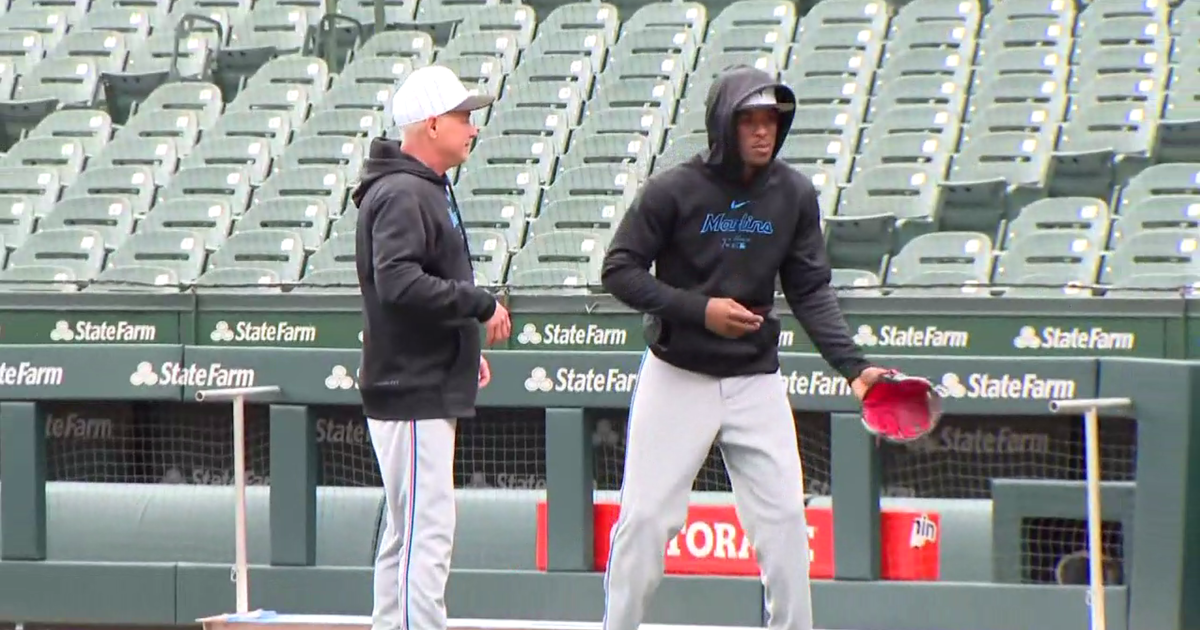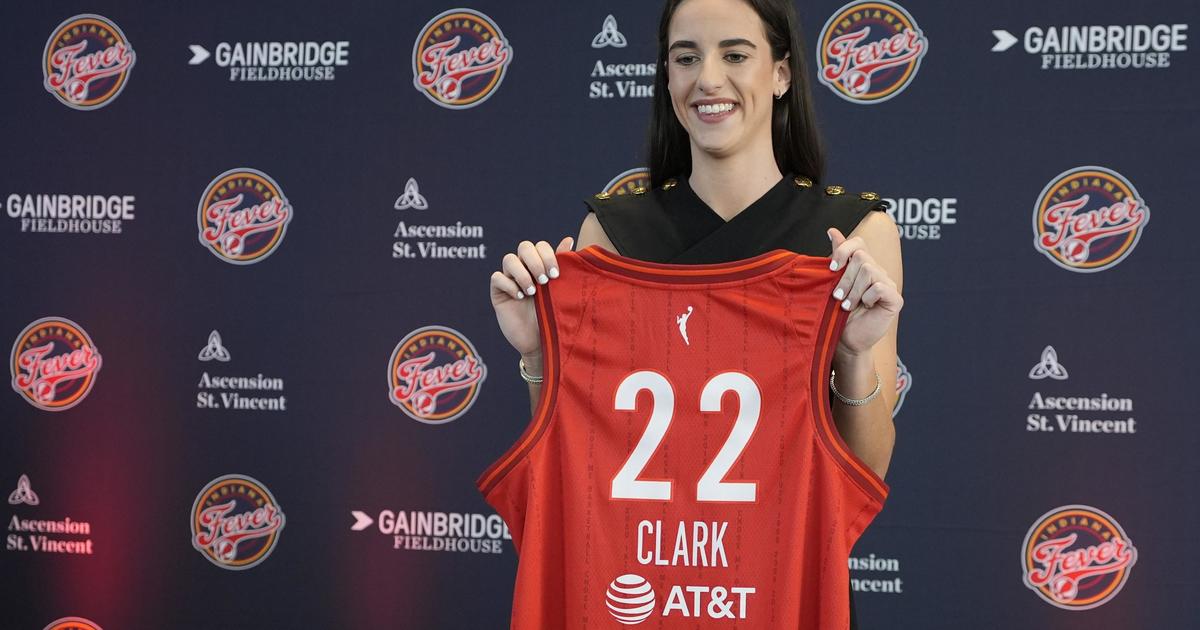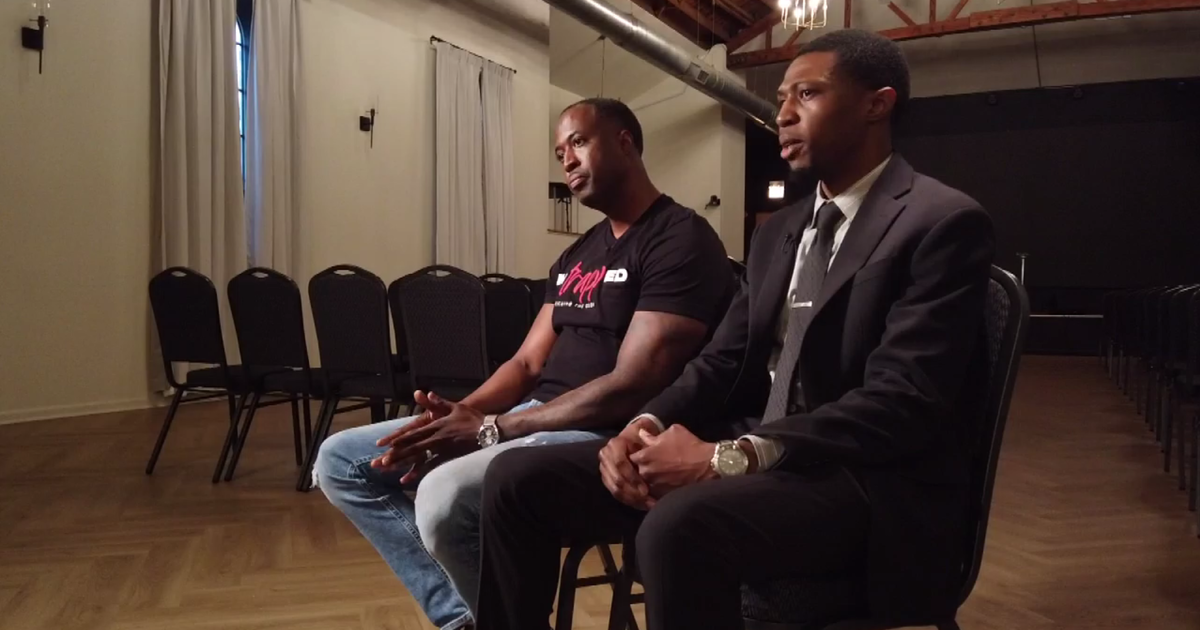Baffoe: Minnie Minoso's Exclusion Another Sorry Mark On The Hall Of Fame
By Tim Baffoe-
(CBS) Death doesn't improve our biographies. If anything, it should bring about a closer examination of our respective timelines without whitewashing that which puritan society says we shouldn't speak ill of posthumously.
In examining the life of former White Sox star Minnie Minoso , who passed away Sunday, his is fortunately one that needs little whitewashing. Much like recently late fellow Chicago baseball legend Ernie Banks, you'd be hard-pressed to find anyone in the baseball community with a bad word to say about Minoso because of the sheer positivity the man emitted during his career and afterward as an ambassador for the game. His is a Hall of Fame bio on and off the field.
Unfortunately, despite being one of baseball's greats at the same time as Banks, Minoso was never allowed enshrinement in Cooperstown. Objectively, this is because of the regulations for Hall of Fame voters and their application to Minoso's career. Subjectively, this is because the Baseball Hall of Fame is a sports Flat Earth Society that gets off on its own ability to excommunicate potential members. Or, in Minoso's case, point to asinine antiquated dogma of the election process.
"The Hall of Fame has long enforced its rule that individuals could only be considered for the Hall of Fame as either a player in the major leagues or in Negro Leagues, an umpire or team/league executive," notes author, historian and University of Illinois professor Adrian Burgos Jr. "This has meant that Minoso would either be considered as a Negro Leaguer or as a major leaguer, but voters could not take into consideration what he accomplished in the other circuit in casting one's vote."
Now, a reasoned thesis can be made for keeping out the likes of a Pete Rose. An argument for excluding from the Hall players known for or presumed to have used performance-enhancing drugs has a place (probably a flimsy one, but I digress). Minoso's is neither, and his case boils down to his falling between a crack in an oft-illogical system that its proponents consider infallible.
The stats are all there. From 1951-'63, he was fifth in the big leagues in batting average and hit at least .300 eight times, was fourth in steals in that stretch (and led the American League three times), was fourth in slugging percentage, second in doubles, fourth in triples, fifth in hits, eighth in total bases, ninth in RBIs, led the AL in hit-by-pitch 10 times and garnered three Gold Gloves. He had a career on-base percentage of .389. In the 1950s, only two men hit 100 homers, stole 100 bases and batted .300 — Willie Mays and Minoso.
AL wins above replacement rankings in the 1950s?
1. Mickey Mantle.
2. Ted Williams.
3. Minnie Minoso.
"Truly, I'm hurt," Minoso said in an interview with Christina Kahrl a few weeks before he died. "You know why? Because I've seen so many guys -- and all of my respect is for them -- get inducted (into Cooperstown), but my records are better. And I played more years. That's what's breaking my heart."
Perhaps it's the 186 career homers that shy voters away, but there are plenty of Hall of Famers with fewer. That includes Jackie Robinson, obviously a giant among enshrinees for more than just reasons between the white lines. And yet Minoso hasn't seemed to have been given the added weight to his resume that other pioneers of baseball's color integration have.
"As a black Latino," Burgos says, "he encountered what (Hall of Famer Roberto) Clemente himself stated were 'two strikes' while in the United States: one for being black, another for being Latino. Moreover, as a foreign-born black man, Minoso lacked a familiarity with U.S. racial mores and practices that Robinson and (Larry) Doby had as they embarked on their big league careers."
Minoso wasn't allowed to play in the MLB until he was 25 years old. Important years of his baseball life were used in the Negro Leagues and Cuba, years the Hall of Fame compartmentalizes rather than considers as one expansive career during a shameful era. He's the first player of color to play MLB baseball for a Chicago team. The man was an incredible pioneer in the game's history.
"To talk about Minnie Minoso, I need five to six hours to talk about what he means to us," White Sox shortstop and fellow Cuban Alexei Ramirez said last summer. "He's an encyclopedia of knowledge. He opened the door for all of us. We always have him in our hearts, and we're always thinking about him."
Like Ron Santo, Chicago gets to see another one of its beloved baseball players fall victim to bureaucratic BS when it comes to getting to give an induction speech in Cooperstown. Now that he's dead, Minoso will probably be enshrined soon, because the Hall of Fame thinks its backhanded compliments are better than no compliment at all.
"Don't tell me that maybe I'll get in after I pass away," Minoso told Kahrl. "I don't want it to happen after I pass. I want it while I'm here, because I want to enjoy it."
Sorry, Minnie. Wish we all could have enjoyed it.
Follow Tim Baffoe on Twitter @TimBaffoe.



